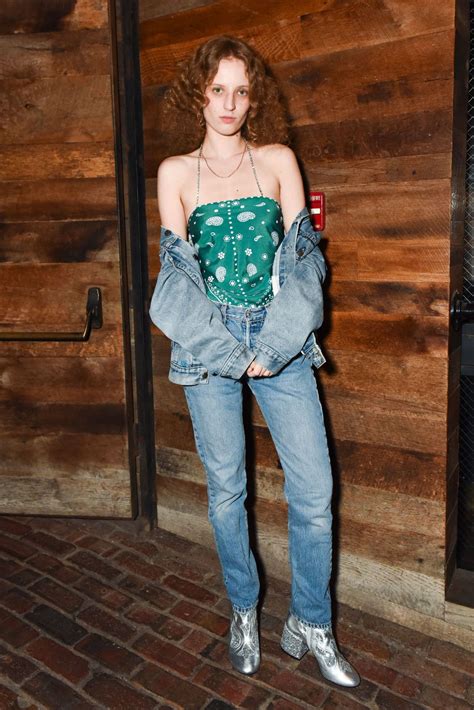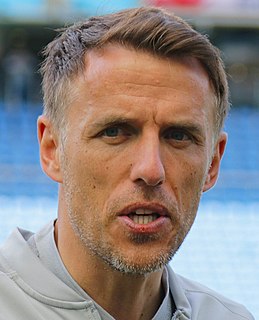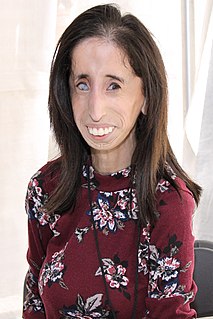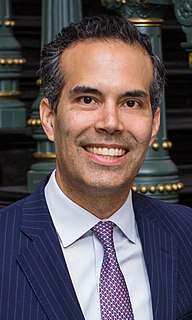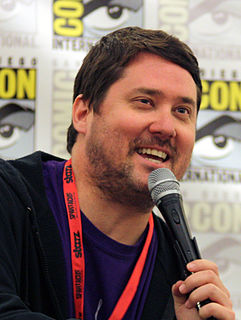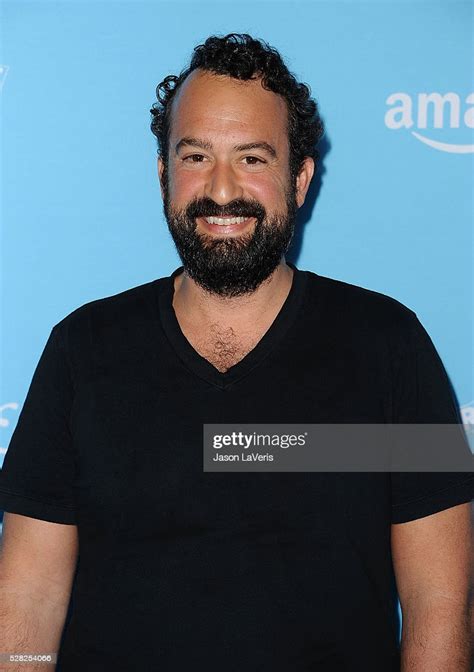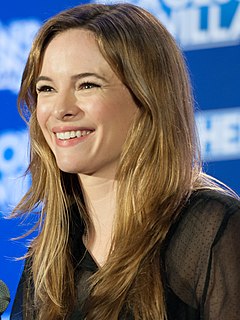A Quote by Lynn Collins
In my career, I've really wanted to sort of be a morpher and not show my own identity.
Related Quotes
When it comes to identity, that was an issue that plagued me for a lot of my life. It's something that I wanted to tap into. Film can really take you to other places, and sometimes that's necessary to understand your own identity or someone else's identity or just the issue of identity, in general. It takes you. It's borderless. It's boundless. It's universal.
I sort of was inspired by 'Friday Night Lights,' where it was a very different show, but similar in that they were both large ensemble dramas where you had many stories going on at once. I wanted to do a show that shared that element, and that's really why I wanted to develop 'Parenthood' as a series.
I didn't really have an identity crisis because I really, really knew who I always wanted to be But I definitely had a lot of problems with my body. I was very skinny, and I guess my body was sort of pre-pubescent, but when I grew hips and thighs, I just didn't know where I was in the world. It was weird.
I think 'Lost' was really a pioneer in the use of the kind of connection between a television show and the Internet, and the Internet really gave fans an opportunity to create a community around the show. That was something that wasn't really planned; it just sort of grew up in the wake of the show.
I really became aware of the fact that, oh yeah, whereas a lot of other shows are sort of cynical or jaded or just sort of coming from that sort of energy, our show is very, very about these love-based relationships. It really comes out, a lot of times, in a sweet way. And I think people find that refreshing about our show. That's one of the things I definitely picked up on.



